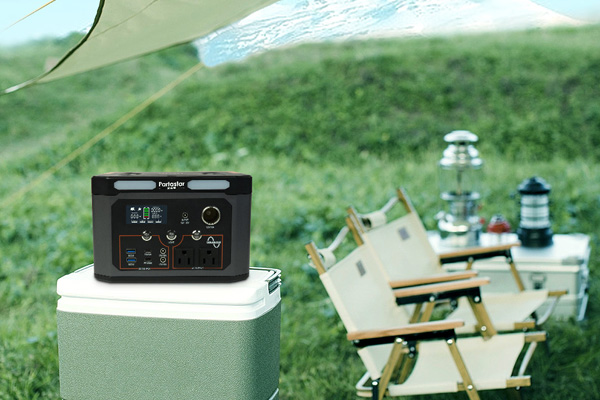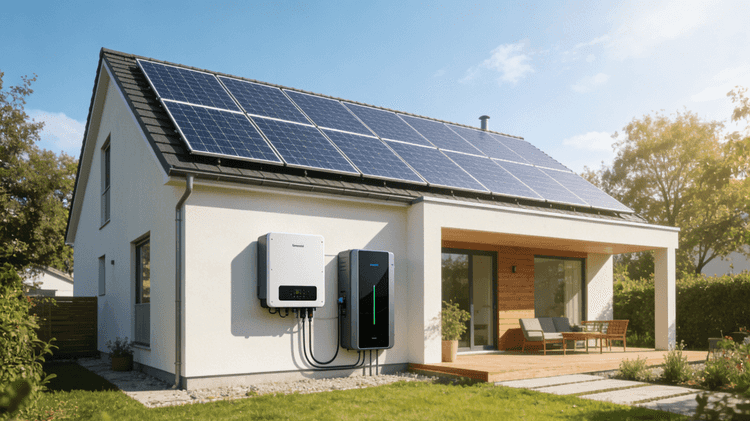Portable power stations have become increasingly popular in recent years as a reliable and convenient source of power for a wide range of devices, from smartphones and laptops to small appliances. However, like any technology, portable power stations are not without their disadvantages. In this article, we'll explore some of the potential drawbacks of using a portable power station.
1. Limited Capacity: One of the main disadvantages of portable power stations is their limited capacity. While high-capacity units are available, they can be expensive and may not be practical for all users. This means that users may need to prioritize which devices to charge and may not be able to charge all of their devices fully.
2. Charging Time: Another potential disadvantage of portable power stations is the length of time required to charge the battery. While some units can be charged using solar panels, which provides a renewable and eco-friendly source of power, the charging time can be slow, especially if the weather is cloudy or overcast. Additionally, charging the battery using a traditional wall outlet may take several hours, which can be an inconvenience for users who need power quickly.

3. Weight and Size: Portable power stations can be heavy and bulky, especially high-capacity units. This can make them difficult to transport, especially if users are hiking or backpacking. The weight and size of the unit can also impact how much space users have in their backpacks or camping gear.
4. Environmental Impact: While portable power stations provide a convenient source of power, they also havean environmental impact. The batteries used in portable power stations contain hazardous materials that can be harmful to the environment if not disposed of properly. Additionally, charging the batteries using traditional power sources can contribute to carbon emissions and other forms of pollution.
5. Cost: Portable power stations can be expensive, especially high-capacity units. This means that not everyone may be able to afford them, which can limit access to this technology for some users.
6. Noise: Some portable power stations can produce a humming noise when in use, which can be a distraction for users who are trying to enjoy the peace and quiet of the great outdoors. This can be especially problematic for users who are camping in close proximity to other campers.
7. Maintenance: Portable power stations require regular maintenance to ensure that they function properly. This can include monitoring the battery level, cleaning the unit, and keeping it free from dust and debris. Failure to properly maintain the unit can result in reduced battery life, decreased performance, and even damage to the unit.
In conclusion, while portable power stations provide a convenient source of power for a wide range of devices, they are not without their disadvantages. These can include limited capacity, long charging times, weight and size, environmental impact, cost, noise, and maintenance requirements. However, for many users, the benefits of having a reliable source of power while camping or traveling outweigh these potential drawbacks. It's important to consider your individual needs and circumstances when deciding whether a portable power station is right foryou. Additionally, it's important to properly maintain the unit and dispose of batteries in an environmentally responsible way to minimize the impact on the environment.



